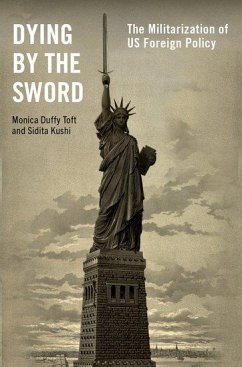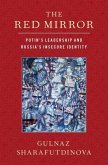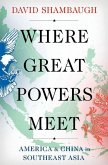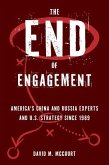Tracing the entire history of American foreign policy, Dying by the Sword focuses on how the US came to prioritize the use of military tools over other tools of statecraft, including diplomacy and economic policy. It demonstrates that since the end of the Cold War, the US has dramatically increased its use of force abroad despite fewer international threats. The US's hyper-militaristic foreign policy, which the authors term "kinetic diplomacy", threatens to undermine not just America's leadership role, its credibility, and its domestic policy priorities, but more broadly international peace and security.
Hinweis: Dieser Artikel kann nur an eine deutsche Lieferadresse ausgeliefert werden.
Hinweis: Dieser Artikel kann nur an eine deutsche Lieferadresse ausgeliefert werden.








